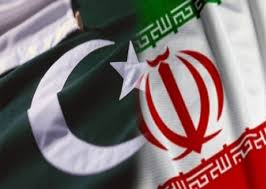Pakistanis were fed up with nearly continual fuel price hikes as inflation reached record levels over the past six months and went to Iran for cheaper fuel.
According to refinery sources and market analysts, the popularity of Iranian oil had a negative impact on local refineries’ volumes and was projected to have a negative impact on their sales in the second quarter of 2023.
As a result of the weakening economy and individuals using public transit due to rising costs, local refineries were already experiencing a drop in demand.
The country’s oil sales fell by around 8.8 million barrels, or 46%, year over year in April, according to the Oil Companies Advisory Council. Fuel use fell 83% to barely 70,000 metric tonnes in the same month.
According to the S&P report, small traders and people with a network of business contacts in Iran have been forced to buy Iranian oil at steep discounts by factors like rising inflation, a weakening rupee, and a lack of foreign exchange reserves, according to several industry analysts, including Tahir Abbas, head of research at Arif Habib Ltd.
According to Insight Securities, the sales of refiners were being harmed by the considerable price disparity between Iranian and Pakistani barrels as well as the latter’s broad availability in the country’s southern regions.
According to the study, the price of diesel at the retail level in Pakistan recently was Rs288 a litre. Iranian diesel has been selling for as little as Rs230 a litre in comparison, generating respectable profits for private dealers.
According to senior executives at Attock Refinery and Pak Arab Refinery, or PARCO, “between 35,000 and 60,000 barrels per day of diesel could have flowed into the domestic market through southern sea and land transportation routes under the radar in recent months, and it’s possible that the volumes could rise.”
Since the United States put sanctions on the neighbouring nation’s commerce in petroleum and petrochemicals in 2013, Pakistan has been prohibited from importing Iranian oil.










